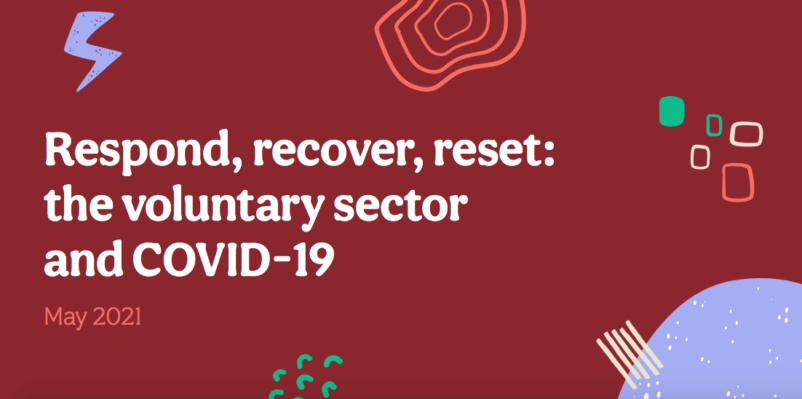Businesses and charities must work together on volunteering opportunities
65% of workers would choose employers that support volunteering yet despite the Conservative Party’s Election 2015 pledge to offer employees three days’ paid annual leave for volunteering, businesses and charities aren’t working together, research reveals.
The study, ‘On the brink of a game-changer’, from NCVO and the CIPD (Chartered Institute of Personnel and Development), looked into employer-supported volunteering (ESV) and the role of good collaboration between business and the voluntary sector in achieving successful ESV placements.
It revealed a lack of understanding between charities and companies about the costs and benefits involved in ESV. Not all companies are willing to contribute to the costs involved in hosting volunteers, while charities can overlook the benefits of a one-off placement, such as the potential of sponsorship or support from the company in the future.
A further barrier revealed by the research was that while many charities benefit from skilled volunteering, such as help in writing strategies, they feel people are less likely to volunteer in their professional capacity than for typically unskilled volunteering tasks such as painting or gardening.
An additional survey of HR professionals by the CIPD backs up the business case for supporting ESV. It found that 81% of those who took part in volunteering reported increased community awareness, 65% had increased communication skills, and 59% reported an increase in confidence. There was evidence of unmet demand for volunteering opportunities; although 65% of respondents would be more likely to work for an employer that encourages and promotes volunteering, 39% said their employer did not support it.
Justin Davis Smith, executive director of volunteering at NCVO, said:
“Employer-supported volunteering could potentially offer huge benefits for the voluntary sector and businesses alike – however, this research shows that without clear communication around expectations and the resources involved, many of those benefits could be lost. We need to recognise that volunteering isn’t free – there is a cost to the charity in terms of staff time, resources and supervision – yet the right kind of volunteering could outweigh those costs tenfold.”
Advertisement




